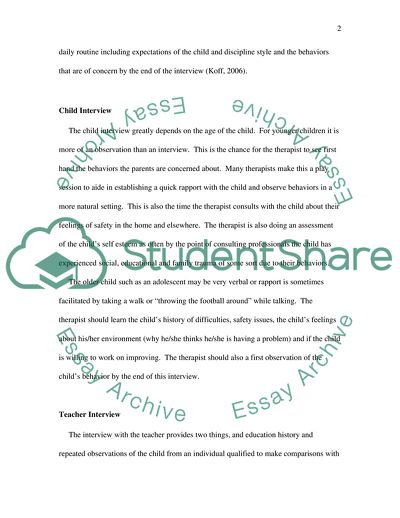Cite this document
(Attention Deficit Hyperactivity Disorder Diagnosis Coursework, n.d.)
Attention Deficit Hyperactivity Disorder Diagnosis Coursework. https://studentshare.org/psychology/1709055-imagined-pyaschologist-psy-5035-ass5
Attention Deficit Hyperactivity Disorder Diagnosis Coursework. https://studentshare.org/psychology/1709055-imagined-pyaschologist-psy-5035-ass5
(Attention Deficit Hyperactivity Disorder Diagnosis Coursework)
Attention Deficit Hyperactivity Disorder Diagnosis Coursework. https://studentshare.org/psychology/1709055-imagined-pyaschologist-psy-5035-ass5.
Attention Deficit Hyperactivity Disorder Diagnosis Coursework. https://studentshare.org/psychology/1709055-imagined-pyaschologist-psy-5035-ass5.
“Attention Deficit Hyperactivity Disorder Diagnosis Coursework”. https://studentshare.org/psychology/1709055-imagined-pyaschologist-psy-5035-ass5.


